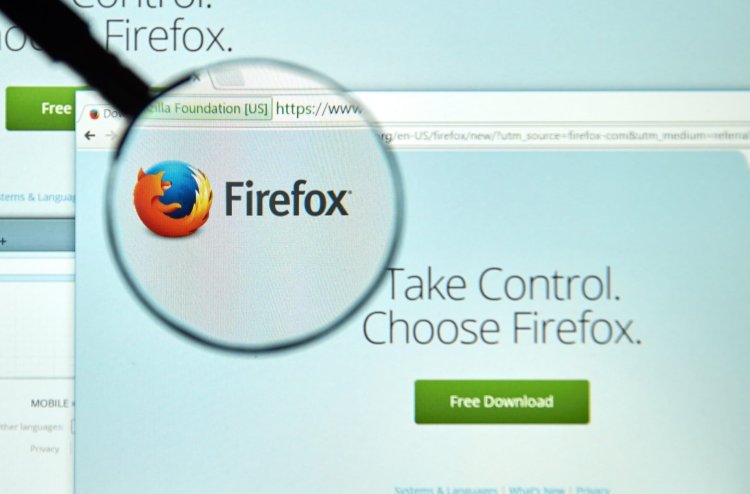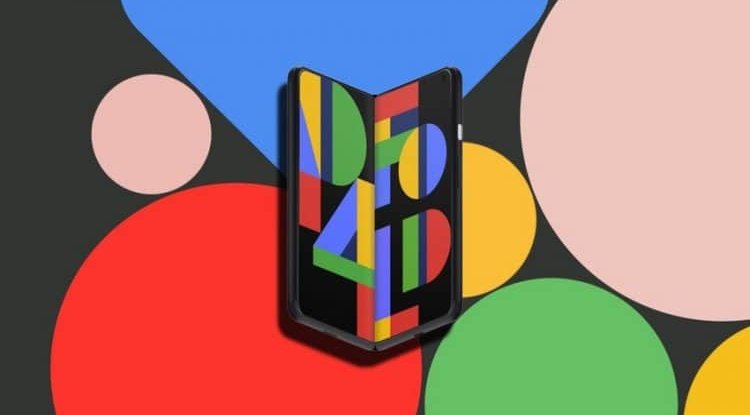Microsoft made it easier to switch browsers

Since the release of Windows 11, the difficulty of switching between browsers has been a source of contention. Microsoft made significant changes in comparison to past systems by allowing users to select each type of extension and protocol linked with the browser individually, rather than in a blanket manner as in previous systems.
The corporation explained it as a means to provide more personalization, but most of us saw it as a barrier to using alternatives and generally respecting the user's freedom of choice.
This is due to the fact that all browser extensions and protocols are opened by default in Microsoft Edge, as well as those of other apps and system utilities that are focused on that browser and cannot be modified.
It should be noted that the debate over which browser to use in Windows has raged for decades. The accusations are the same now as they were then: Microsoft is using Windows' massive share of desktop computing to drive adoption of its browser (and other services and applications) through so-called "dark patterns" or other techniques that, by action or omission, impede the use of solutions from third-party providers.
As in the case of disabling legal apps such as MSEdgeRedirect, which expressly permitted the choice of browser, or with the warnings regarding Google Chrome, which are at least questionable.
In response to recent criticisms, Microsoft released the KB5011563 update, which makes it easier to switch browsers, although some of its competitors believe it is insufficient.
One of them has been Mozilla, the company behind Firefox, which, while praising the changes, has asked Microsoft to do more to respect the user's choice of default browser in Windows 11:
"Microsoft's modifications to improve the experience of using the default browser settings are a step in the right direction." However, more may be done to preserve the default browser setting in Windows.
Users should be able to easily set defaults, and all operating systems should be able to provide formal support so that developers can establish them as default.
"In practice, we'd like to see improvement in lowering the number of steps required to designate a new browser as the default, as well as in opening and making APIs available for applications to set defaults used by other browser apps." « Microsoft».
Mozilla approaches Microsoft to request a browser selection window, which Microsoft already had to implement after regulators threatened sanctions. Also, as with the Widgets links in Windows 11, users can select the browser they want to launch from other Windows programs.
Microsoft Edge is a terrific browser (the greatest ever made by Microsoft), and increasing its level of acceptance doesn't require any trickery, dark patterns, or other non-transparent strategies utilized by the Redmond corporation to take advantage -unfairly- of Windows' market share.




























